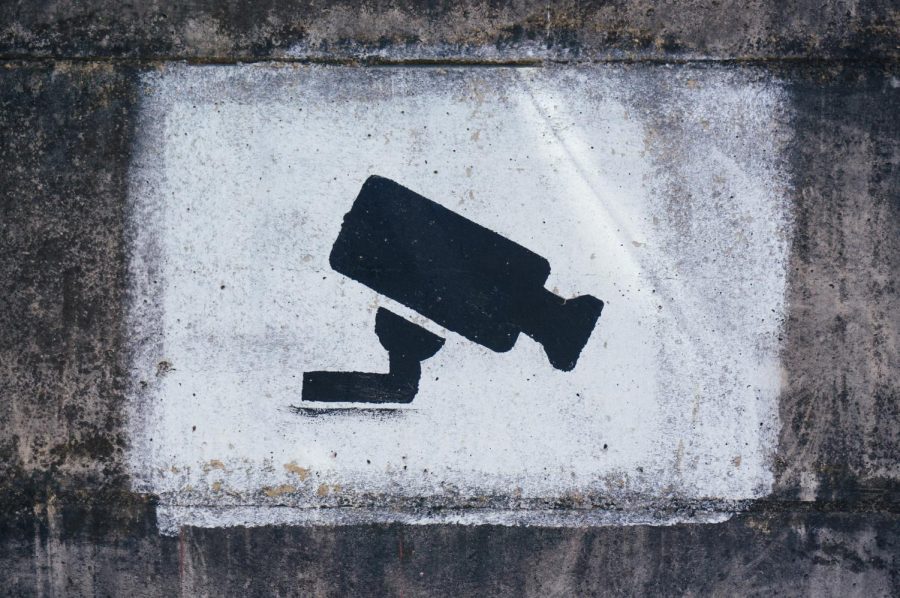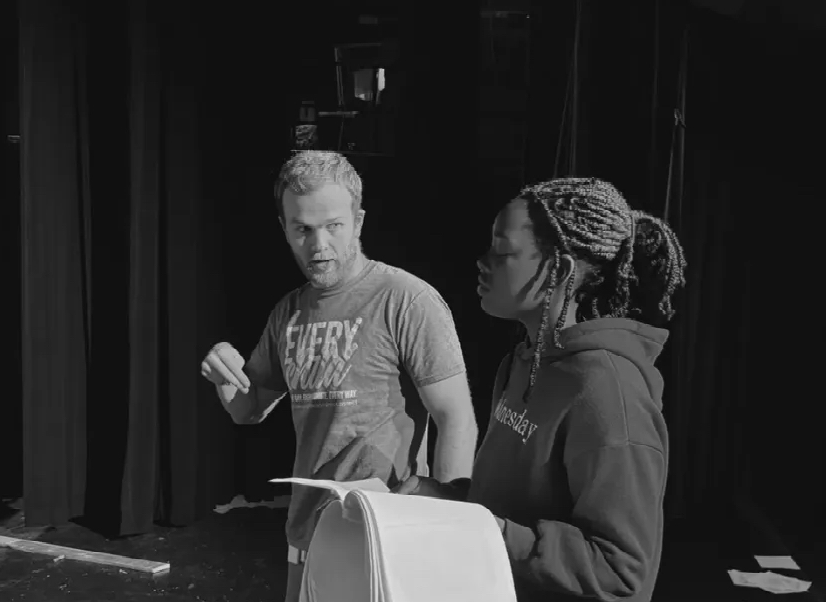Pollution is a significant environmental issue that affects our planet and our health. It occurs when harmful substances are introduced into the environment, leading to adverse effects on air, water, and land. There are several types of pollution, including air pollution, water pollution, and soil pollution.
Air pollution is primarily caused by emissions from vehicles, factories, and burning fossil fuels. This type of pollution releases harmful gases, such as carbon monoxide and sulfur dioxide, which can lead to serious health problems like asthma and heart disease. Additionally, air pollution contributes to climate change by increasing greenhouse gases in the atmosphere.
Water Pollution occurs when harmful chemicals and waste products contaminate rivers, lakes, and oceans. Common sources include industrial discharge, agricultural runoff, and plastic waste. Polluted water not only harms aquatic life but also poses health risks to humans who rely on these water sources for drinking and recreation. Contaminated water can lead to diseases and disrupt entire ecosystems.
Soil Pollution is often the result of the use of pesticides, heavy metals, and industrial waste. This pollution can degrade the quality of soil, making it less fertile and harming plants and animals that depend on healthy soil for survival. It also poses risks to food safety, as polluted soil can lead to contaminated crops.
To combat pollution, individuals and communities can take action. Reducing waste, recycling, using public transportation, and supporting clean energy initiatives are effective ways to minimize our impact on the environment. Education is also crucial; raising awareness about the sources and effects of pollution can inspire people to make more sustainable choices.
In conclusion, pollution is a pressing issue that requires immediate attention. By understanding its causes and effects, we can work together to make the world a better place, and to keep the environment a cleaner place than we found it.


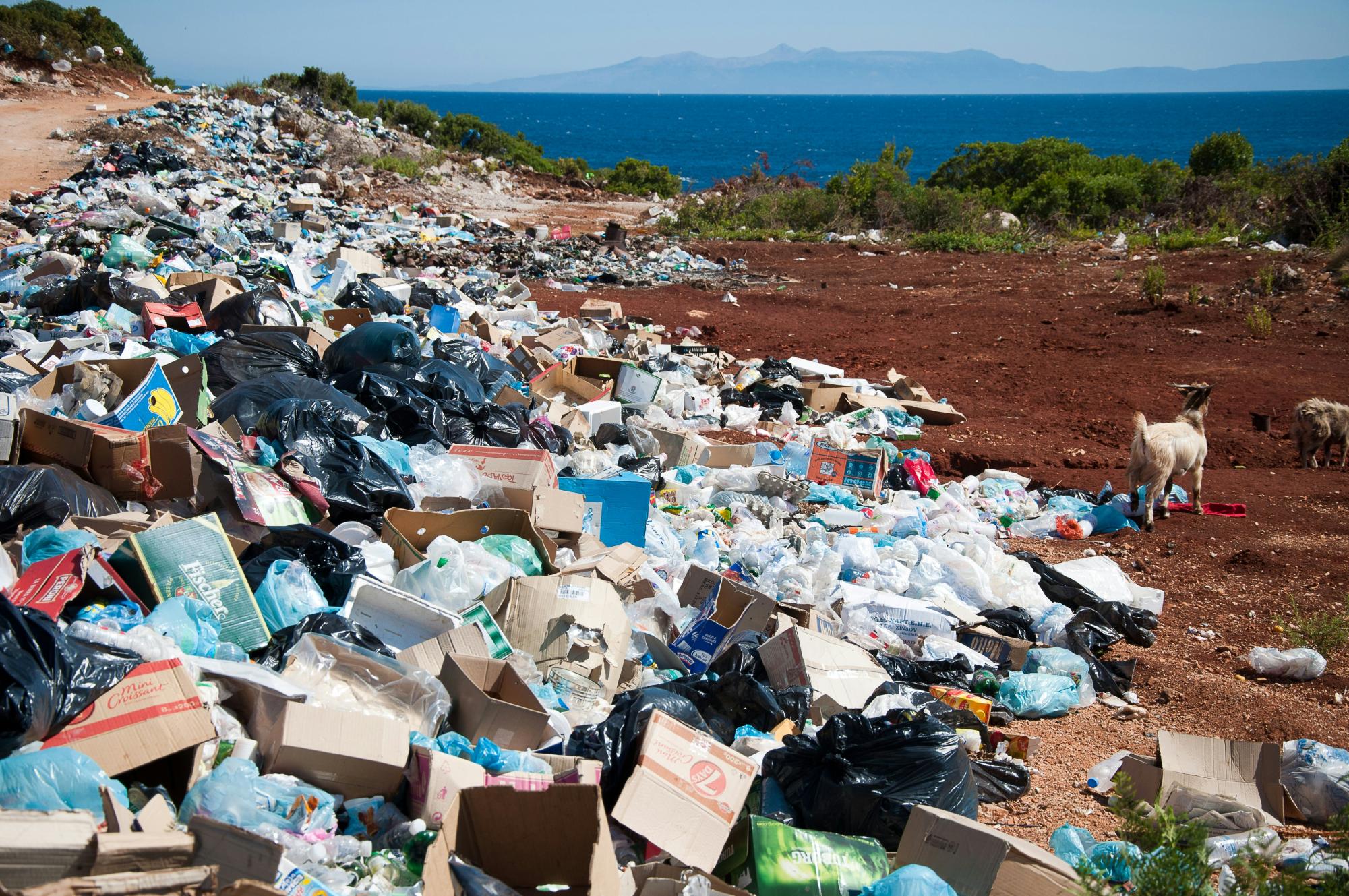


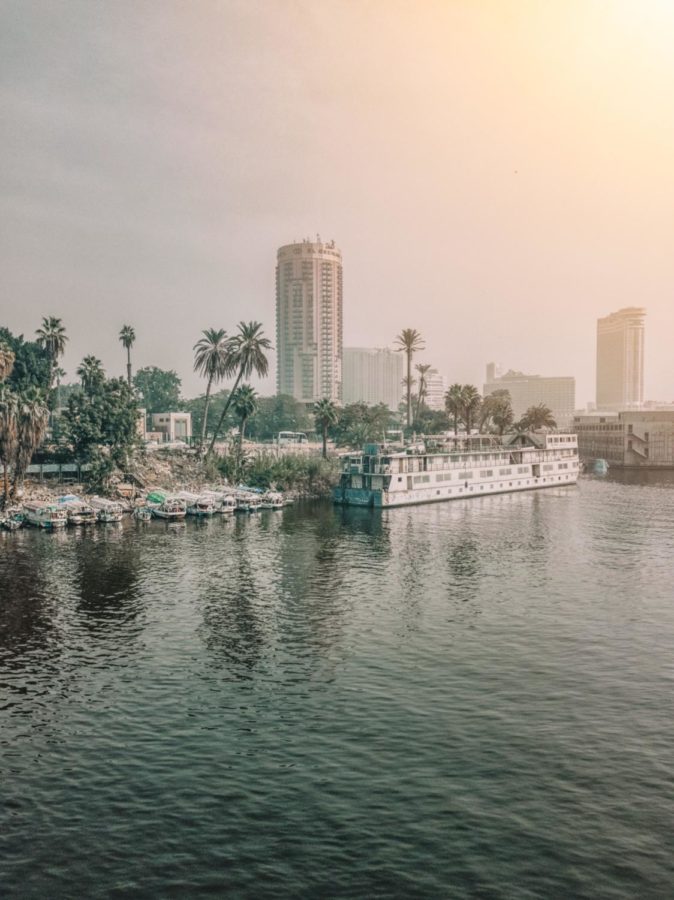
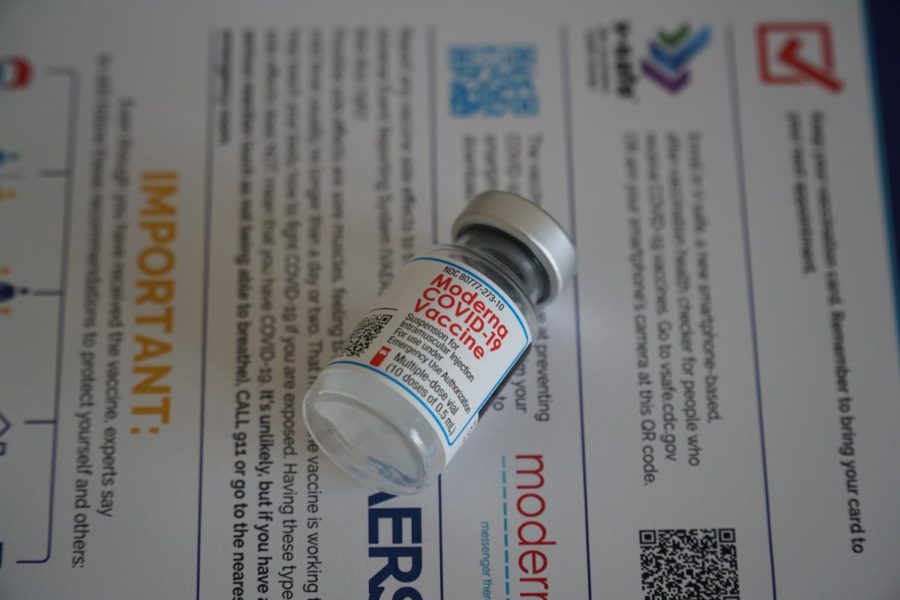
![[OPINION] What the Media isn't Covering...](https://nhsnews.org/wp-content/uploads/2020/11/gian-cescon-N0g-deioHO4-unsplash-601x900.jpg)
